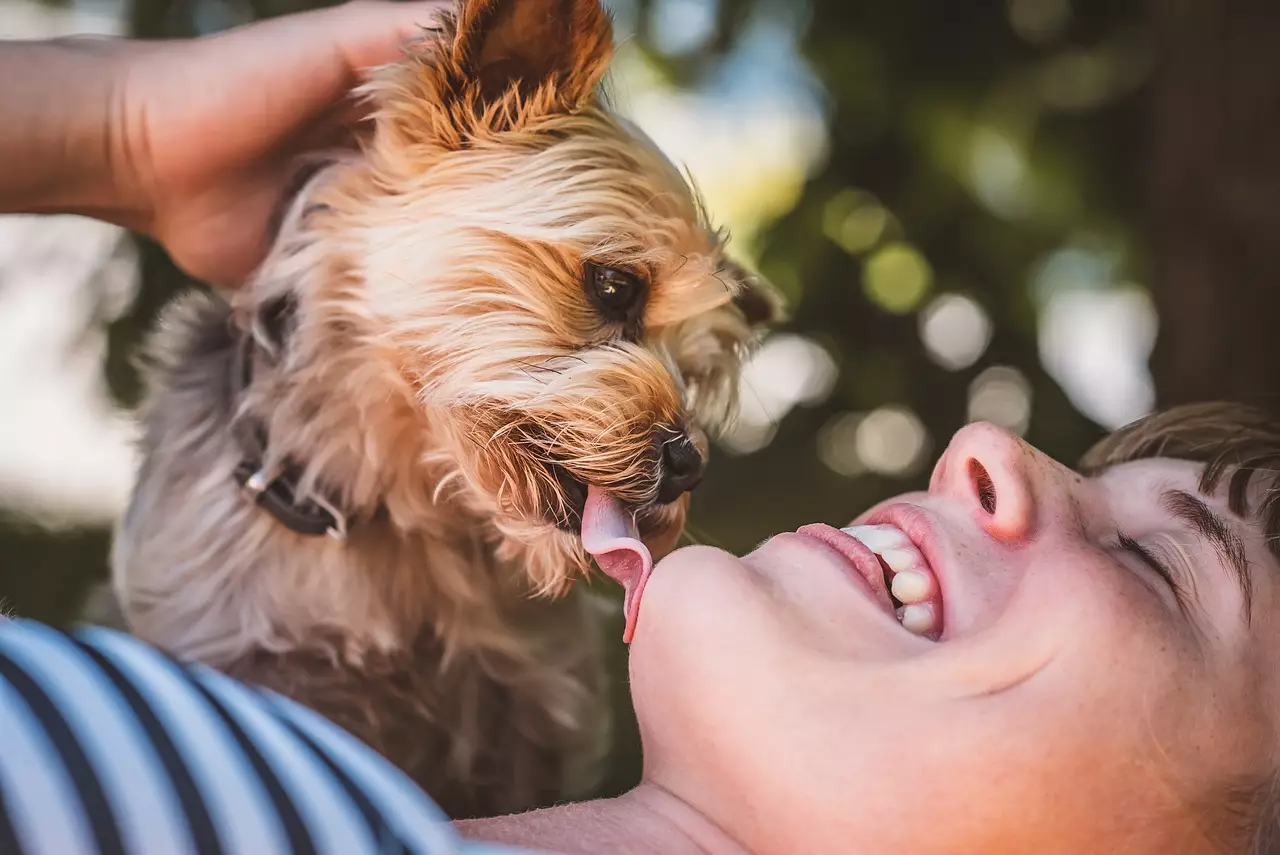Dogs have long been celebrated for their loyalty and companionship, but some breeds are genuinely exceptional in their ability to build profoundly intimate relationships with their humans. Beyond casual friendship, these dogs forge bonds characterized by emotional attuneness, protective instincts, and unwavering devotion that elevate the human-canine dynamic into a deeply enriching partnership. Exploring these breeds reveals not only their distinct temperaments but also the ways in which they fulfill complex emotional needs, creating mutual satisfaction that goes far beyond simple pet ownership.
Emotional Intelligence as the Cornerstone of Bonding
When assessing which dog breeds cultivate the deepest connections with their humans, emotional sensitivity emerges as a defining trait. Breeds like Labrador Retrievers and Golden Retrievers illustrate this magnificently. Both possess an almost uncanny ability to gauge their owner’s feelings and respond with empathy and affection. It’s no accident that Labradors excel as service dogs—from assisting the disabled to offering therapeutic support—demonstrating not only obedience but emotional responsiveness. Similarly, Golden Retrievers’ gentle, patient nature coupled with their intuitiveness establishes a foundation for relationships that feel nurturing and mutual. These breeds exemplify the powerful role emotional intelligence plays in creating lifelong, meaningful partnerships between humans and dogs.
The Protective Devotion of Working Breeds
Working dogs such as German Shepherds, Boxers, Doberman Pinschers, and Australian Shepherds combine brainpower, loyalty, and a protective streak that fuels their attachment to owners. German Shepherds, perhaps among the most iconic working breeds, reveal how the bond between dog and handler can be harnessed for high-stakes cooperation in police and military roles. Their profound loyalty often tips into spirited guardianship, safeguarding their families with intense dedication. Boxers, often underestimated due to their playful demeanor, balance exuberance with protective instincts, especially toward children. Dobermans and Australian Shepherds similarly offer a blend of intelligence and affection, making their connections with their owners both purposeful and heartfelt. These breeds prove that combing utility with emotional attachment yields some of the strongest human-dog bonds.
Small Companions, Massive Hearts: The Power of Persistence
Size does not dictate the potential for forming strong bonds. Yorkshire Terriers and Cavalier King Charles Spaniels demonstrate how small breeds often bond intensely as “velcro dogs,” preferring to remain physically close to their owners. Yorkies, originally bred for rodent control, have morphed into fiercely loyal companions who refuse to be left alone, revealing complex emotional depth despite their small stature. Cavaliers, statuesque lapdogs with noble origins, embody a delicate yet fervent need for constant companionship. Both breeds deploy their affectionate, perceptive natures to weave themselves seamlessly into the intimate spaces of their humans’ lives—proving that loyalty and attachment transcend size.
Energetic Minds and Bonds Forged in Activity
Border Collies and Australian Shepherds bring a different dynamic to the concept of bonding: their relationship with owners thrives on shared activity and mental engagement. Known for their remarkable intelligence and agility, these dogs attach themselves not just through affection but through the satisfaction of working collaboratively with their humans. Their intense focus and responsiveness create a working relationship that doubles as an emotional one, deepening the bond through communication and cooperation. For these breeds, connection requires more than presence—it demands interaction, purpose, and a rhythm of life shared with their human partners.
The Remarkable Bonds Formed by Rescue Dogs
While breed traits contribute significantly to bonding tendencies, the unique story of rescue dogs adds another layer to understanding canine loyalty. Dogs coming from challenging pasts—marked by neglect or abandonment—often display extraordinary attachment to their adopters. This bond is forged through trust, gratitude, and patience, making them some of the most affectionate and devoted companions possible. The investment of time and nurturing needed to help these rescues heal fosters a reciprocal connection built on healing and deep emotional recognition. In this way, the human role in shaping the bond becomes as crucial as the dog’s innate characteristics, reminding us of the profound psychological dimensions behind companionship.
The dogs known for their extraordinary bonds with humans do not merely respond to care; they actively engage in emotional reciprocity, protection, and communication, transforming the traditional owner-pet dynamic into something far more complex and enriching. These relationships illuminate the diverse ways empathy, intelligence, loyalty, and experience shape companionship. By exploring the nuanced traits of these breeds and the stories of rescued dogs, we appreciate that a dog’s capacity for connection is both a product of genetics and lived experience. Ultimately, this understanding challenges us to rethink what it means to have a dog—not just as a pet, but as an irreplaceable partner in life’s journey.

